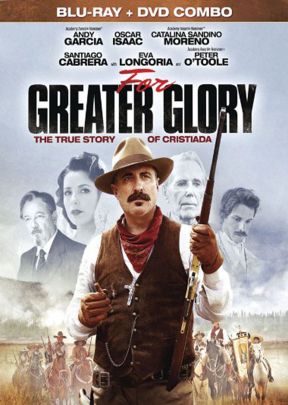SAM SHARPE EXECUTED FOR MASTER-MINDING A SLAVE REVOLT
WHAT BEGAN AS A PEACEFUL DEMONSTRATION became the biggest slave revolt in Jamaica’s history. The uprising is known as The Baptist War or Sam Sharpe’s Rebellion. Sam Sharpe was a Baptist deacon and slave who fostered a hunger for freedom while preaching in Baptist churches and speaking at non-church gatherings.
Jamaica’s enslaved Baptists interpreted biblical promises of spiritual freedom to include the promise of physical liberty. They took Paul’s declaration that “in Christ there is neither slave nor free,” to mean that in Christ all are equal. They read Jesus’s assertion that “no man can serve two masters” as meaning one could not serve both Christ and an earthly “massa.” They understood “If the son of man makes you free, you shall be free indeed,” to mean that a follower of Christ was intended to be a free person.
Meanwhile, across the ocean a handful of British lawmakers wrestled to abolish slavery. Rumors reached Jamaica that Parliament had already done so. Blacks believed their local masters were holding them in slavery against the law. They became even more restive.
Sharpe, who was well-read, masterminded a plan for passive resistance to follow the Christmas holiday in 1831. At that season, because cane harvesters were most urgently needed, he thought that a general strike would force plantation owners to negotiate better conditions for their workers. However civil disobedience went up in smoke when hotheads set fire to the Kensington Estate in St. James Parish. Within hours, looting and burning spread to neighboring estates.
Jamaica’s militias did not fare well in the skirmishes that followed. The rebels killed a few Whites and drove back others. The rebels believed British troops would side with them. They soon recognized their miscalculation when the soldiers marched against them with cannons. Within two weeks, the rebellion was crushed.
Reprisals were only beginning, however. Triumphant slaveholders whipped and slaughtered captured rebels. They tried and hanged many more. Five hundred or more rebels paid with their lives, most of them after the cessation of the fighting.
Authorities blamed Baptists and Moravians for the uprising and arrested several missionaries. To save the missionaries' lives, Sam Sharpe gave himself up and took blame for the insurrection. Nevertheless, he insisted that he had only called for civil disobedience, not violence, and had believed the rumors that King William had liberated the slaves.
All this was reckoned no defense. On 19 April 1832 he received the anticipated sentence:
That the said Negro Man Slave named Samuel Sharpe be taken from hence to the place from whence he came and from thence to the place of Execution at such time and place as shall be appointed by His Excellency the Governor and there to be hanged by the neck until he be dead.
Sentence was carried out on this day, 23 May 1832, in Montego Bay. Speaking to a large crowd at the scaffold, Sharpe said, “I would rather die upon yonder gallows than live in slavery.”
Authorities released the missionaries. In 1833, Parliament finally voted to free all those held in slavery in British territories. Sam Sharpe’s Rebellion helped force the issue. It highlighted the truth of the abolitionists’ arguments that slavery was cruel and costly. Parliament granted liberation to Jamaicans in the form of “apprenticeships” in 1834. Not until 1938, however, was emancipation complete.
Sharpe’s noble pursuit of liberty gained admiration as years passed. And in the last quarter of the twentieth century, Jamaica enrolled him among its heroes.
—Dan Graves
- - - - -
Like the Jamaica rebellion, the Cristero War was fueled by religious fervor. Mexico's government removed Christ and church from the constitution and persecuted Christians, precipitating a revolt that lasted three years a story told in For Greater Glory






